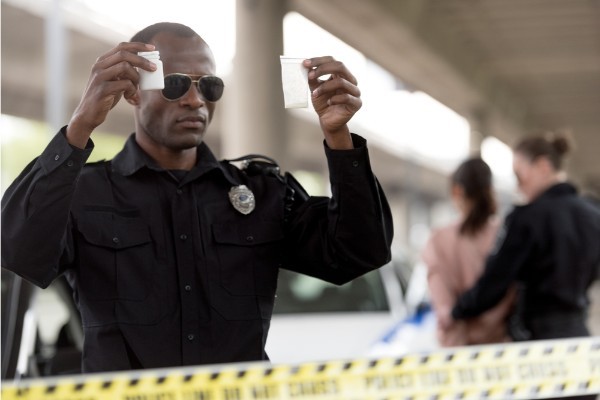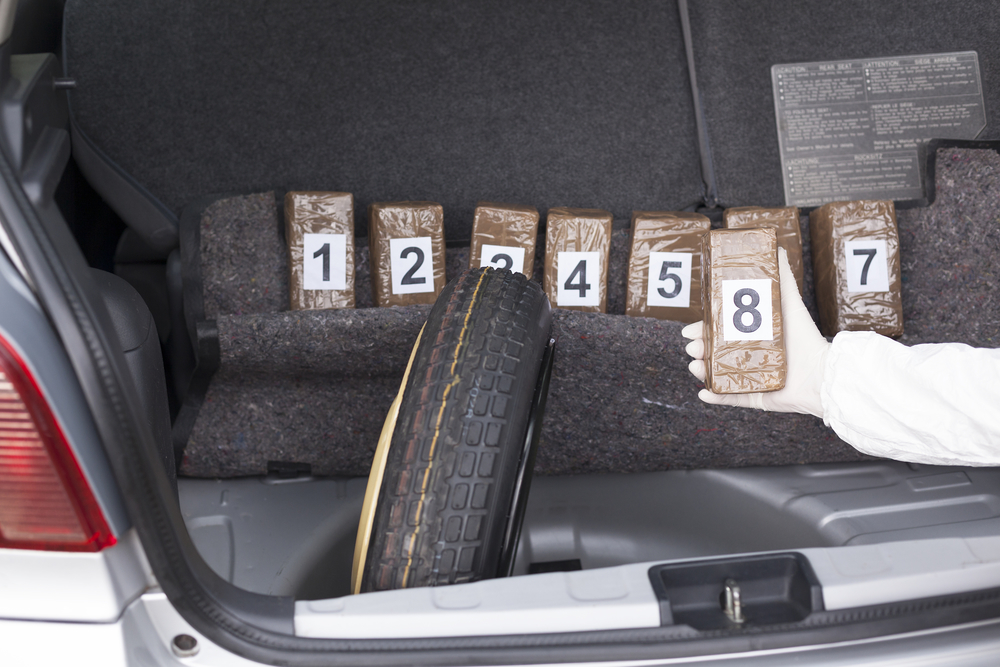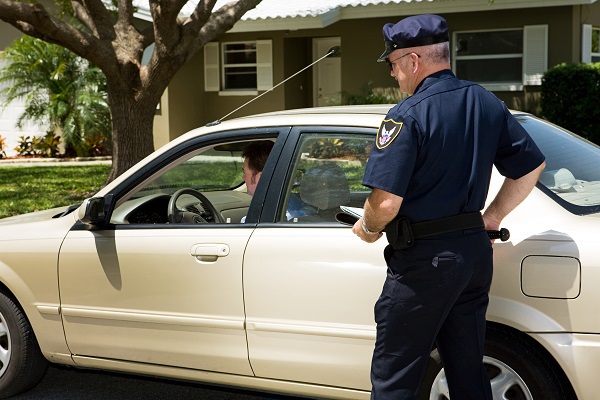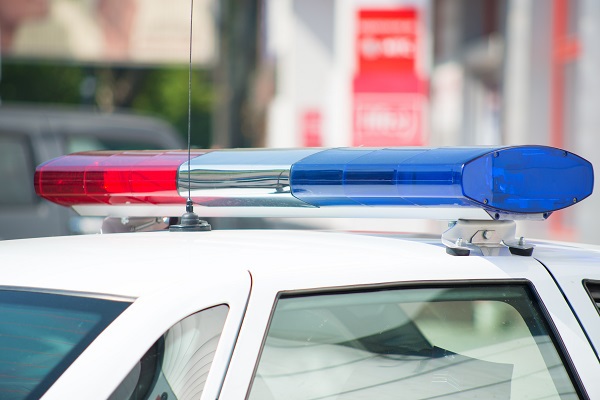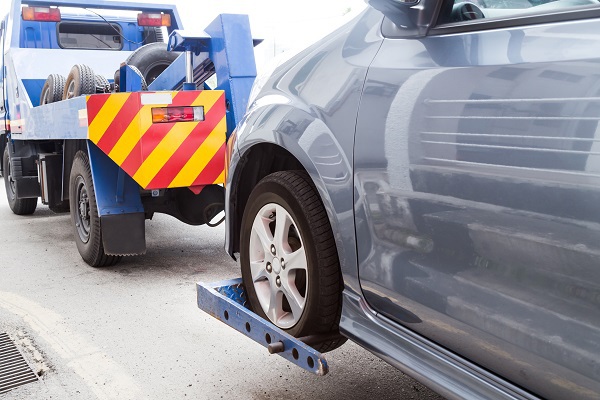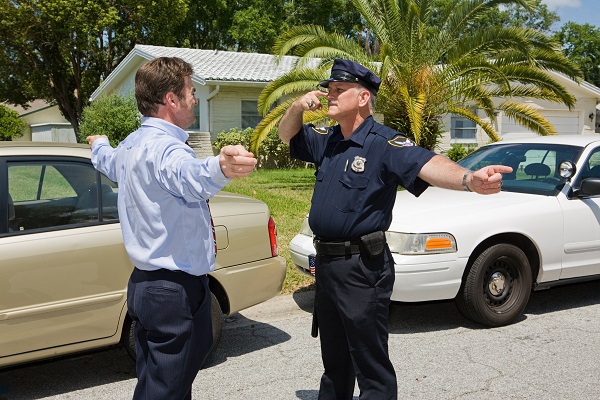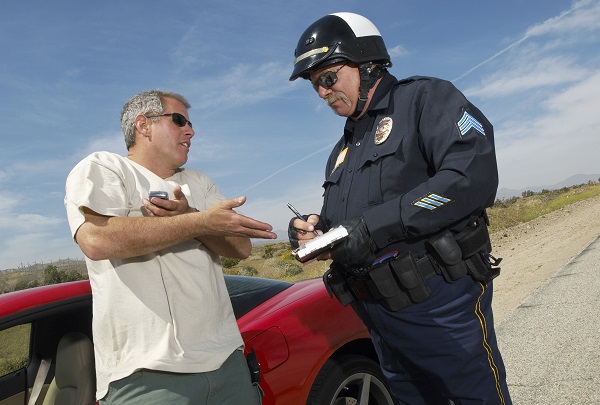What If Police Made a Mistake During Your Drug Arrest?
Dealing with an arrest for a drug offense can overwhelm and scare you. If you have recently been arrested and aren’t sure what to do next, you may want to speak to a local lawyer about your options. With a lawyer’s help, you might learn that police made a significant mistake during your arrest. What Kinds of Mistakes Could Police Make? Unfortunately, mistakes during drug arrests are all too common. Sometimes, these mistakes violate the law and infringe on the arrested person’s rights. The mistake could even rise to the level of invalidating the entire basis for the criminal offense. Police may...
Continue reading

